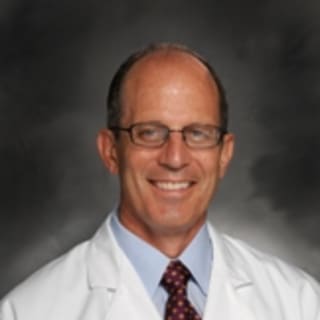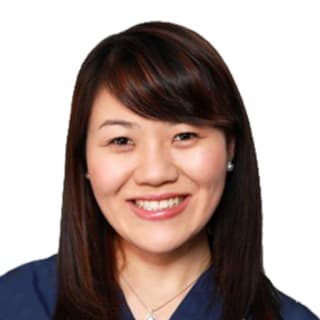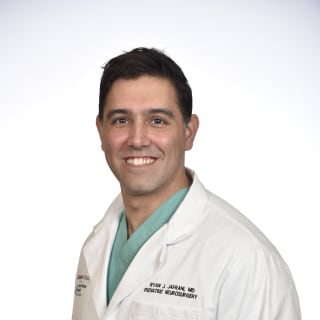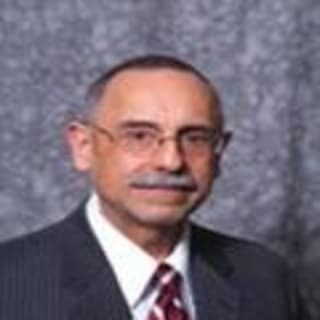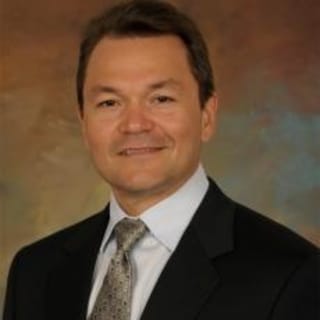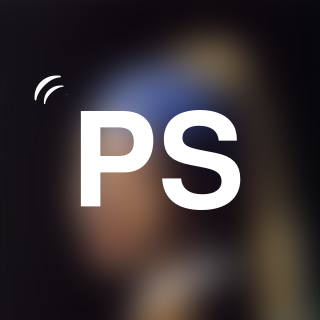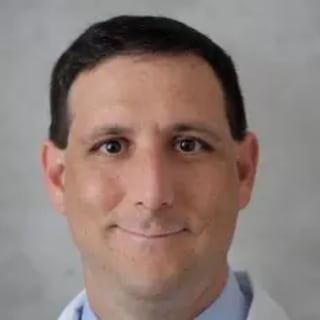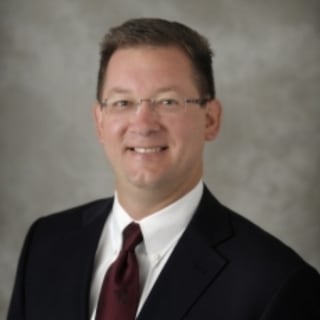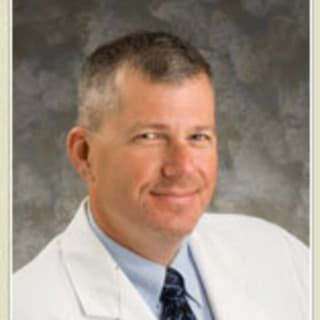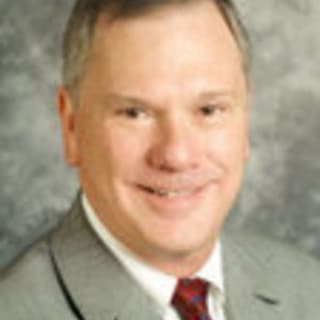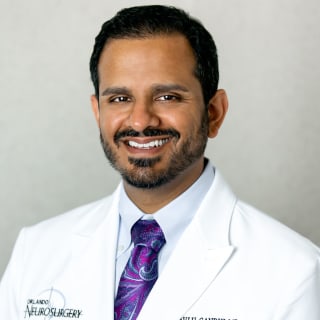
Ravi Hemant Gandhi MD
Brain & Spinal Tumor, Cerebrovascular Neurosurgery, Interventional Neuroradiology, Skull Base
Orlando Neurosurgery - Partner
Join to View Full Profile
265 E Rollins StSte 12000Orlando, FL 32804
Dr. Gandhi is on Doximity
As a Doximity member you'll join over two million verified healthcare professionals in a private, secure network.
- Gain access to free telehealth tools, such as our “call shielding” and one-way patient texting.
- Connect with colleagues in the same hospital or clinic.
- Read the latest clinical news, personalized to your specialty.
Summary
- Specializing in minimally traditional and minimally invasive methods of treating complex brain and skull base diseases.
Dr. Gandhi is a board-certified neurosurgeon who is fellowship trained in Cerebrovascular, Endovascular, and Skull Base Neurosurgery. His current areas of interest include traditional and minimally invasive methods of treating complex brain and skull base diseases such as brain tumors, trigeminal neuralgia, and acoustic neuromas (vestibular schwannomas). Dr. Gandhi also treats cerebrovascular disorders of the brain and spine including aneurysms, arteriovenous malformations(avm), and carotid and verterbral artery stenosis predominantly minimally invasively with no incision. Dr. Gandhi also applies advanced technology and minimally invasive techniques to treat spinal disease.
Dr. Gandhi completed his undergraduate training in Neuroscience at Johns Hopkins University and medical school at St. George’s University. Followed by his residency training at Albany Medical Center and then by an Endovascular Neurosurgery fellowship where he learned minimally invasive techniques for treating vascular disease of the brain and spine. He then moved to Goodman Campbell Brain and Spine Institute where he completed another fellowship in Cerebrovascular and Skull Base Neurosurgery.
Dr. Gandhi practices at Orlando Neurosurgery, with seven offices in Central Florida. Dr. Gandhi is a medical director and part of an elite neurosurgical team at the AdventHealth Neuroscience Institute. This team has privileges and performs procedures at Orlando Regional Medical Center and Osceola Regional Center.
Tailoring an optimized treatment for each patient is central to Dr. Gandhi’s approach. “There are never two patients who are the same whether it is a brain tumor, trigeminal neuralgia, or a spinal problem. Our goal is to find the least invasive way to treat your problem, often avoiding surgery all together.”
Education & Training
 Indiana University School of MedicineFellowship, Cerebrovascular & Skull Base Surgery, 2013 - 2014
Indiana University School of MedicineFellowship, Cerebrovascular & Skull Base Surgery, 2013 - 2014 Albany Medical CenterFellowship, Endovascular Surgical Neuroradiology, 2012 - 2013
Albany Medical CenterFellowship, Endovascular Surgical Neuroradiology, 2012 - 2013 Albany Medical CenterResidency, Neurological Surgery, 2007 - 2012
Albany Medical CenterResidency, Neurological Surgery, 2007 - 2012 St. George's University School of MedicineClass of 2006
St. George's University School of MedicineClass of 2006 Johns Hopkins UniversityBachelors, Neuroscience, 1998 - 2001
Johns Hopkins UniversityBachelors, Neuroscience, 1998 - 2001
Certifications & Licensure
 FL State Medical License 2014 - 2026
FL State Medical License 2014 - 2026 IN State Medical License 2012 - 2015
IN State Medical License 2012 - 2015 NY State Medical License 2012 - 2014
NY State Medical License 2012 - 2014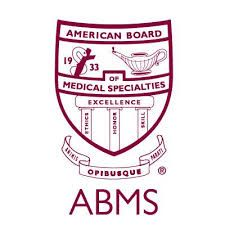 American Board of Neurological Surgery Neurological Surgery
American Board of Neurological Surgery Neurological Surgery
Awards, Honors, & Recognition
- Arthur Schilp Excellence in Academics – resident award 2013
- Iota Epsilon Alpha International Medical Honor Society Saint George’s SOM, 2003
- Alpha Phi Omega Johns Hopkins University, 1999
Clinical Trials
- Yellow 560 Microscope for Intraoperative Visualization of Fluorescein Stained Intracranial Lesions Start of enrollment: 2015 May 01
Publications & Presentations
PubMed
- A Novel Checklist Approach to Reduce Time Under Anesthesia in Neurosurgery.Asfandyar Khan, Aimen Farooq, Wissam Elfallal, Ravi Gandhi, Federico Vinas
World Neurosurgery. 2025-02-01 - 2 citationsApplication of broken windows theory to identify flow disruptions in neurosurgery procedure.Asfandyar Khan, Aimen Farooq, Wissam Elfallal, Ravi Gandhi, Federico Vinas
Journal of Healthcare Risk Management. 2024-04-01 - Onyx Embolization of a Distal Middle Cerebral Artery Pseudoaneurysm in a Five-Week-Old: A Case Report and Review of Current Treatment Options.Yasmeen Elsawaf, Maryam Zeinomar, Andrea Scherer, Ravi H Gandhi
Cureus. 2020-12-08
Journal Articles
- Minimally Invasive Approach for the Treatment of Intradural Spinal PathologyGandhi RH, German JW, Neurosurgical Focus, 8/1/2013
- Epithelioid Hemangioendothelioma of the Mastoid: Resection for Recurrence and Adjuvant Radiation with 8-Year FollowupDrazin D, Gandhi R, Slodkowska E, Boulos AS, Case Reports in Surgery, 1/1/2013
- Cranial decompression for the treatment of malignant intracranial hypertension after ischemic cerebral infarction: decompressive craniectomy and hinge craniotomyKenning TJ, Gooch MR, Gandhi RH, Shaikh MP, Boulos AS, German JW, J Neurosurg, 6/1/2012
- Join now to see all
Books/Book Chapters
Abstracts/Posters
- Comparison Of Outcomes Between Endovascularly And Surgically Treated Anterior Communicating Artery Aneurysms. (Poster presentation)Gandhi RH, Plakas CE, Yamamoto J, Boulos AS, AANS, Miami, FL, 4/1/2012
- A Prospective Observational Study of External Ventricular Drain Use. (Poster presentation)Kenning TJ, Gandhi RH, Gooch MR, Boulos A, Adamo M, AANS Annual Meeting, Denver, CO, 1/1/2011
- C1 Pedicle Screw Fixation Aided by Mobilization of the Vertebral Artery. (Poster presentation)Gandhi RH, Kenning, T, German, JA, DiRisio, D, AANS/CNS Section on Disorders of the Spine and Peripheral Nerve Annual Meeting, 2/17/2010
- Join now to see all
Lectures
- Updates on Cerebrovascular Disease. Kingston Grand Rounds.6/1/2013
- Reflections on Technology in Neuroendovascular Surgery: The Need for Better Outcome Tools.5/1/2013
- Stroke Update for First Responders.Albany Medical Center, Albany, NY - 3/1/2013
- Join now to see all
Press Mentions
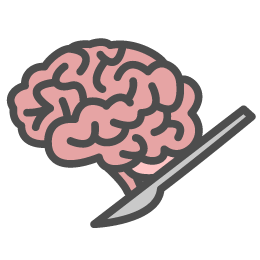 AdventHealth, Orlando Neurosurgery 1st in Nation to Perform 50 Vivistim Implant CasesFebruary 17th, 2025
AdventHealth, Orlando Neurosurgery 1st in Nation to Perform 50 Vivistim Implant CasesFebruary 17th, 2025 Transforming Lives of Stroke Survivors: AdventHealth, Orlando Neurosurgery First in Nation to Perform 50 Vivistim Implant CasesFebruary 11th, 2025
Transforming Lives of Stroke Survivors: AdventHealth, Orlando Neurosurgery First in Nation to Perform 50 Vivistim Implant CasesFebruary 11th, 2025 Breakthrough Device Offers New Hope for Stroke Survivors Struggling with RehabilitationJune 7th, 2023
Breakthrough Device Offers New Hope for Stroke Survivors Struggling with RehabilitationJune 7th, 2023
Professional Memberships
- Member
Other Languages
- Gujarati
Viewing the full profile is available to verified healthcare professionals only.
Find your profile and take control of your online presence:
